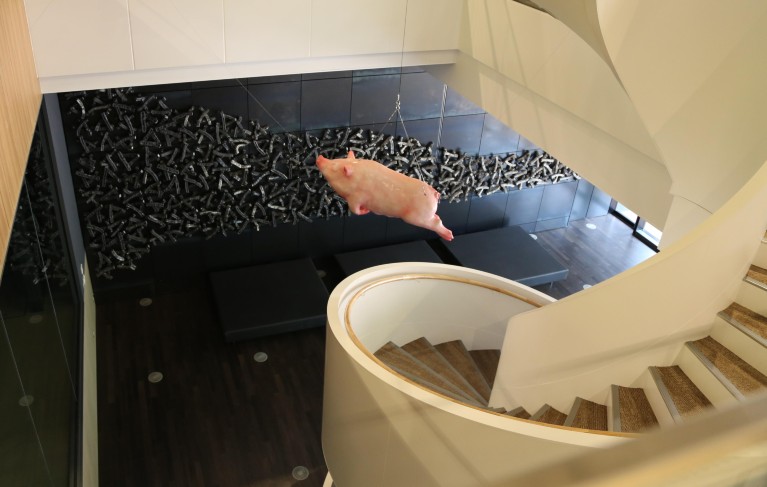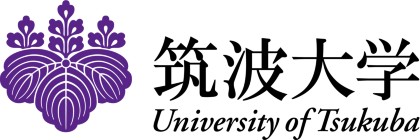A program introduced to the University of Tsukuba in 2016 resulted in a 35.2% increase in privately sourced funding within its first year. It’s just one example of how the 140-year-old university is using its links to private enterprise and start-up mentorship to accelerate its impact. Among universities supporting 1,500 to 2,000 researchers, Tsukuba is Japan’s leader in terms of private enterprise funding for joint research.
It also continues to steadily grow its number of joint research projects with foreign companies, and its level of funding sourced from foreign interests.
In terms of intellectual property, Tsukuba consistently punches above its weight, and its rankings continue to rise. It is ranked 9th domestically in terms of number of patents; 12th for revenue from patent fees; and 8th for ongoing royalties.
ACTIVELY DEVELOPING PRIVATE VENTURES
Tsukuba is already linked to a number of successful start-ups, and in 2017 ranked third in Japan for the number of venture businesses started. To date, 141 companies have been launched in connection with the university, notably CYBERDYNE Inc., a Japanese robotics and technology company known for its powered rehabilitation exoskeletons, and S’UIMIN Inc., a company that makes advanced sleep disorder diagnosis devices.

Artwork at the International Institute for Integrative Sleep Medicine at the University of Tsukuba depicts a dream. One start-up to emerge from this institute is S’UIMIN Inc., which provides advanced sleep measurement services.
The university’s strategy for venture creation support has been twofold. It provides funds and a physical location for research, coupled with entrepreneurship education.
Located in a suburb of Tokyo, Tsukuba’s main campus is at the heart of Japan’s largest ‘science city’, which is the base for 29 national research institutes and more than 200 private research organizations.
Tsukuba Science City, a science hub 56km northeast of Tokyo launched more than 30 years ago, also holds a treasure trove of incipient technologies. Here various kinds of support are provided to researchers, and funding doubled in 2018. For instance, the university employs established entrepreneurs as mentors and offers courses to teach tech venture skills. These efforts have resulted in a steady flow of about 10 new venture companies each year.
INNOVATING, TSUKUBA-STYLE
Tsukuba strongly encourages its academics to engage in interdisciplinary research both within and outside the university, and in collaboration with foreign institutions.
It recently introduced a Cooperative Graduate School System to employ national research institute researchers from the Tsukuba district as professors or associate professors at a graduate level. These researchers provide guidance to Tsukuba researchers, while still making the most of facilities at their own institutes.



 Nature Index Japan 2019
Nature Index Japan 2019